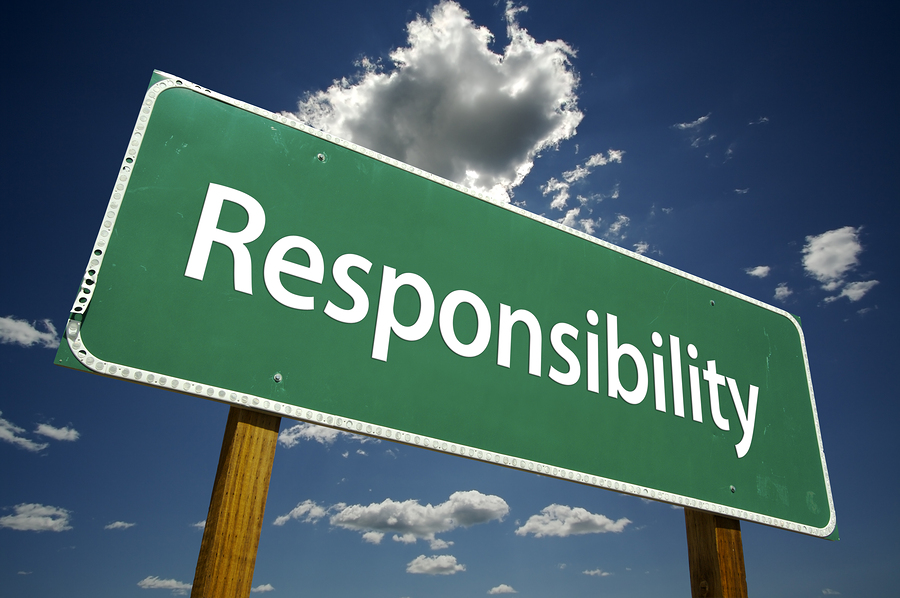Amendment 64 was passed in Colorado this week, legalizing the recreational use of marijuana.
 “Wow man!! That’s so so cool!” Many people are celebrating this event while others shake their heads in disbelief. Production and sales of cannabis will be regulated and sales restricted to adults 21 and over. Colorado Governor Hickenlooper opposes the law, but agrees that the people of his state voted for it, and he will see it through.
“Wow man!! That’s so so cool!” Many people are celebrating this event while others shake their heads in disbelief. Production and sales of cannabis will be regulated and sales restricted to adults 21 and over. Colorado Governor Hickenlooper opposes the law, but agrees that the people of his state voted for it, and he will see it through.
The passing of Amendment 64 will demonstrate to the rest of the country and world, how legalizing pot will work or not. As a Licensed Clinical Alcohol and Drug Counselor in New Jersey, I have worked with countless people with addictions and abuse issues. I can honestly say that when a case comes my way, and the issue or “drug of choice” is marijuana, I sigh. “Pot? Really?” The issue that brings one in for pot use is by far either a legal one (arrested), or a job-related one (random urine test at the job). Oh, and I cannot forget the minors who get busted at school or by their parents, and want their child off of it! Excluding children, the main problem I see as a professional is that pot is illegal.
What?! “And you call yourself a drug counselor?” I do, and I have been for 20 years. The problems associated with pot-use (by adults) are few and far between compared to prescription pain killers, heroin, cocaine, opiates, or even alcohol. The “problems” adults face with pot-use are either legal, occupational or financial. Even most drug rehabilitation centers “foo-foo” pot users, as insurance companies do not want to pay for treating it as a serious addiction.
The court system makes money on arresting pot users, yet taxpayers lose money on incarcerating them.
A win-lose situation there. Employers do not want pot users on their payrolls because they “might steal,” or if injured on-the-job or injuring someone on-the-job, the law would certainly look to gain compensation from the employer by arguing “Your employee was high-on-the-job! Didn’t you know this?”
By far, “Pot Heads” do not engage in as much criminal activity as may be thought! For the most part, they are peaceful, easy feelers. Mellow yellow types. That is, those who only partake in smoking pot. Domestic violence is much more connected to alcohol abuse, as are motor vehicle accidents and deaths. Family problems in general, don’t result from pot use as often as they do from booze, cocaine, pain-killers, heroin or other drugs.
Legalizing marijuana should help pay taxes, lessen the burden on the penal system, and only benefit society.
A fortune is made on alcohol and cigarette taxes, yet both are more deadly that smoking pot, and both are legal. I have clients that benefit tremendously from using pot for anxiety disorders, stress disorders, panic disorders, social phobias and eating disorders. Some states have legalized marijuana for “medicinal purposes,” but that didn’t include “mental or emotional purposes” which from my vantage point as a therapist is working wonders! More so than prescription pills of numerous chemicals tested on animals and people! (I’ll save that for another post though).
If we can legally purchase alcohol, there should be no reason to not have the same ability in purchasing marijuana.
Children, on the other hand, are never advised to partake in weed!
Studies show that while their brains, coping skills, hormones and bodies are “developing,” marijuana can cause permanent damage to their ability to learn and lessen their IQ levels. And, let’s face it, kids just should not be using pot, alcohol, cigarettes, or anything potentially harmful to their growth. Will they? Most will experiment, yes. Parents beware, educate them, keep open lines of communication, and let them know when they are 21 they can “do whatever they want!” Also, children should be held accountable for breaking any laws that prohibit them from pot, alcohol, nicotine or drug abuse. In such cases, a mandatory educational program or some form of community service may help them gain a better understanding of the risks involved and why (they always ask WHY!) they must wait until they are “legally able” to engage in use, if they choose to.
I applaud Colorado’s passing of Amendment 64. Time will tell how this new attempt to help decrease the deficit, lessen crime, put drug dealers out of business, provide “safe” marijuana to users (much of the pot on the streets illegally is filled with questionable additives), reduce the dockets and legal matters due to marijuana charges and help countless people “naturally” treat their medical and emotional issues one “toke” at a time! Perhaps this Amendment will grow “like weeds!”
Leo Battenhausen is a contributing blogger for JenningsWire.





